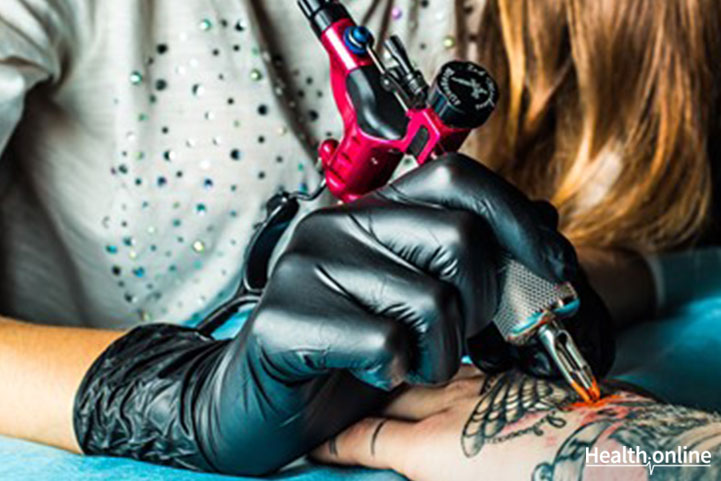
What You Need to Know Before Getting a Tattoo
Tattoos long been part of human cultural history. The word ‘tattoo’ is derived from the Tahitian word Tatau, which means to mark or engrave something. The earliest traces of tattoos have been found in Egypt, and when the Egyptians began their expansion, the art of tattooing spread with them. From the ancient times to the contemporary era, there have been a lot of changes in the art of tattoo. It has gone through various advancements and consists of a lot of varieties and sizes compared to earlier times.
But as ‘cool’ as getting a tattoo can be, not everyone who’s gotten one is entirely happy about it. According to a survey of conducted by the Harris poll, around 50% people in the age group of 18-35 have one or more than tattoos on their body; and around 1 out of 4 people regret at least one of the tattoos on their body.
Their reasons for regretting getting inked might be due to aesthetic and superficial reasons. That said, there are a number of health risks involved in getting tattooed. So before you get inked, here are the risks you should know about, and the precautions that you need to take.
Health Risks
Might lead to errors in medical treatment
Tattoos have a history of causing complications in the process of several medical treatments. Metal-induced tattoos or permanent make up might cause a burning sensation in the affected areas during MRI (magnetic resonance imaging) scans. The pigments of the tattoos sometimes hinder the quality of the image.
Skin infections
Tattoos can also lead to several skin infections like redness, patches, pigmentation, swelling, and a pain like sensation in some cases. It is essential to sterilize the tattooing equipment and needles before using them on people, as unsterilized tattoo equipment can transmit fatal diseases like Hepatitis-B , Hepatitis-C , MRSA (Methicillin-resistant Staphylococcus aureus) and other blood-borne diseases. Make sure the tattoo artist uses heat sterilization on all the tattooing equipment before using it on you. The instruments which are cannot be sterilized through heat sterilization, that might include drawer handles, sinks or tables, can be sterilized with a bleach solution or disinfectant.
Recommended Read: Introduction to Hepatitis
Allergic reactions
Allergic skin reactions caused by tattoos are among the worst things that can happen to your skin. Tattoo colors or dyes, especially red, yellow, green and blue colors can cause allergic skin reactions like itching, sense of irritation on the skin, and even redness around the edges of the tattoo. Carcinogenic compounds have also been found in black colored inks as well. The allergic reaction doesn’t necessarily take place immediately after you get a tattoo. It can occur even several years after you get the tattoo.
Risk of a tetanus infection
As tattoos are made by using metal induced machinery and needles, the risk of getting tetanus cannot be completely ruled out of the table. Tetanus can prove to be a very severe medical condition – it is caused by a bacteria called Clostridium bacteria. Its usual symptoms include contractions of skeletal muscle fibers. Get your tattoo artist to sterilize the tattoo equipment beforehand, and make sure that the needles or any of the metal-induced machinery have no signs of rust.
Precautionary Steps
Maintain sanitation on the tattooed skin
It is very essential to keep the newly tattooed skin clean, as several cases have been observed where the cause of infections have been lack of hygiene and sanitation maintenance on the tattooed area. It is advised that you use a plain soap and normal water on the newly tattooed skin. In addition to that, be careful that there are no direct streams or splashes of water on the newly tattooed skin. It is also advised that you should just pat the tattooed area and not rub it.
Recommended Read: Effective Moisturizers for Every Skin Type
Keep it moisturized
It is essential to take care of the moisture on the tattooed skin, as the process of making the tattoo leaves the skin even drier than the usual. It is advised that you use a mild moisturizer and apply it several times a day on the tattooed area.
Avoid sun exposure
Going out in the sun is a big no for you if you just got inked. Any exposure to a direct source of heat should be avoided. It is highly recommended that you keep the tattooed area away from the sun for at least few weeks.
Keep yourself updated with the latest on Beauty. Like us on Facebook and follow us on Twitter for more on Health, Diet & Nutrition and Fitness. Also, check out our Health Tools and try out our health-related Quizzes.




